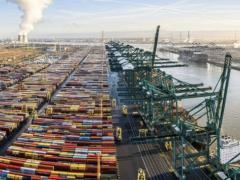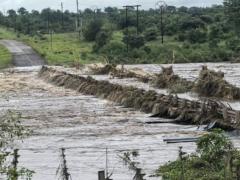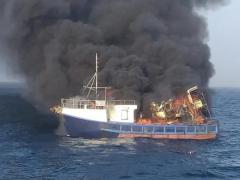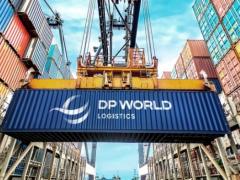As industry awaits clarification of what level 4 lockdown restrictions will mean for the logistics sector, concerns have been raised that they may be even more restrictive than level 5.
Mike Walwyn, chairman of the Cape’s Port Liaison Forum and a consultant for the South African Association of Freight Forwarders (Saaff), said it was imperative for government to open the logistics sector in the country as non-essential cargo was piling up – increasing storage and other costs.
“We have managed to get some concessions in the past few weeks to move non-essential cargo and get it into intermediary warehouses, but the new lockdown stipulations again prevent us from moving this cargo.”
He said it was pointless if more sectors in the economy were being unlocked when freight was not allowed to move on the roads.
Gavin Kelly, CEO of the Road Freight Association, agreed saying several aspects of the controlled easing of the lockdown, with specific regard to the opening of road freight operations and logistics after May 1, were worrying.
“We urge government to open the road freight transport and logistics industry immediately and allow transporters to operate. Over the past almost five weeks we have demonstrated how the industry has operated in a controlled environment, with all the health protocols required,” he said.
One of the concerns highlighted by both Walwyn and Kelly was the decision that various levels of lockdown regulations could be instituted by various authorities.
“The reality that at national, provincial, metro or local level interpretations could differ is ludicrous and will create untold confusion and frustration,” said Kelly. “We have already experienced this in the past four weeks where a single level was implemented and various authorities interpreted this differently and came up with their own requirements.”
Walwyn said despite level 5 restrictions being eased by both the South African Revenue Service (Sars) and the Department of Transport (DoT), trucks were being stopped by police and diverted to waiting areas, incurring huge costs for importers.
“The attitude on the ground has been that unless it is in the gazette it does not exist,” said Walwyn. “There’s been a lot of correspondence with various government departments to address this and headway has been made, allowing us as an industry to make some sense of what constitutes non-essential cargo and in moving it. It now seems we are back to square 1.”
He said at the same time warehouses, depots and other areas for the storage of non-essential cargo were filling up and unless unpacking was allowed soon there would simply be no place left to store containers.
Walwyn said the imbalance between imported and exported cargo at present was also not sustainable from an economic point of view. “We saw a vessel recently arrive in the country and drop 4000 import containers while only 300 export containers were loaded.”
Kelly said South Africa was in danger of losing out on international trade links (air and sea) due to the closure of freight logistics.
“When that happens, we will lose our “gateway” status to Africa, as the other countries on the western and eastern sides of Africa will take this up. We will never get it back,” he said.
Already some 50 000 tons of Zambian and DRC cargo has been diverted to harbours on the East and West coast rather than using South Africa due to the uncertainty over whether the transporters would be stopped by police in the country or not.
Walwyn said various submissions were being made on a daily basis to government to explain the importance of a fully functioning logistics sector. “While we understand that we are just one of the sectors they are dealing with, the importance of logistics operating at full throttle cannot be over-emphasised.
“The integrated and symbiotic relationship within the transport and logistics industry and all its sub-sectors needs to be fully understood: transport needs to operate fully – if this does not happen, the economy will fall into an abyss from which we will not easily recover. We already have reports of companies closing.”













